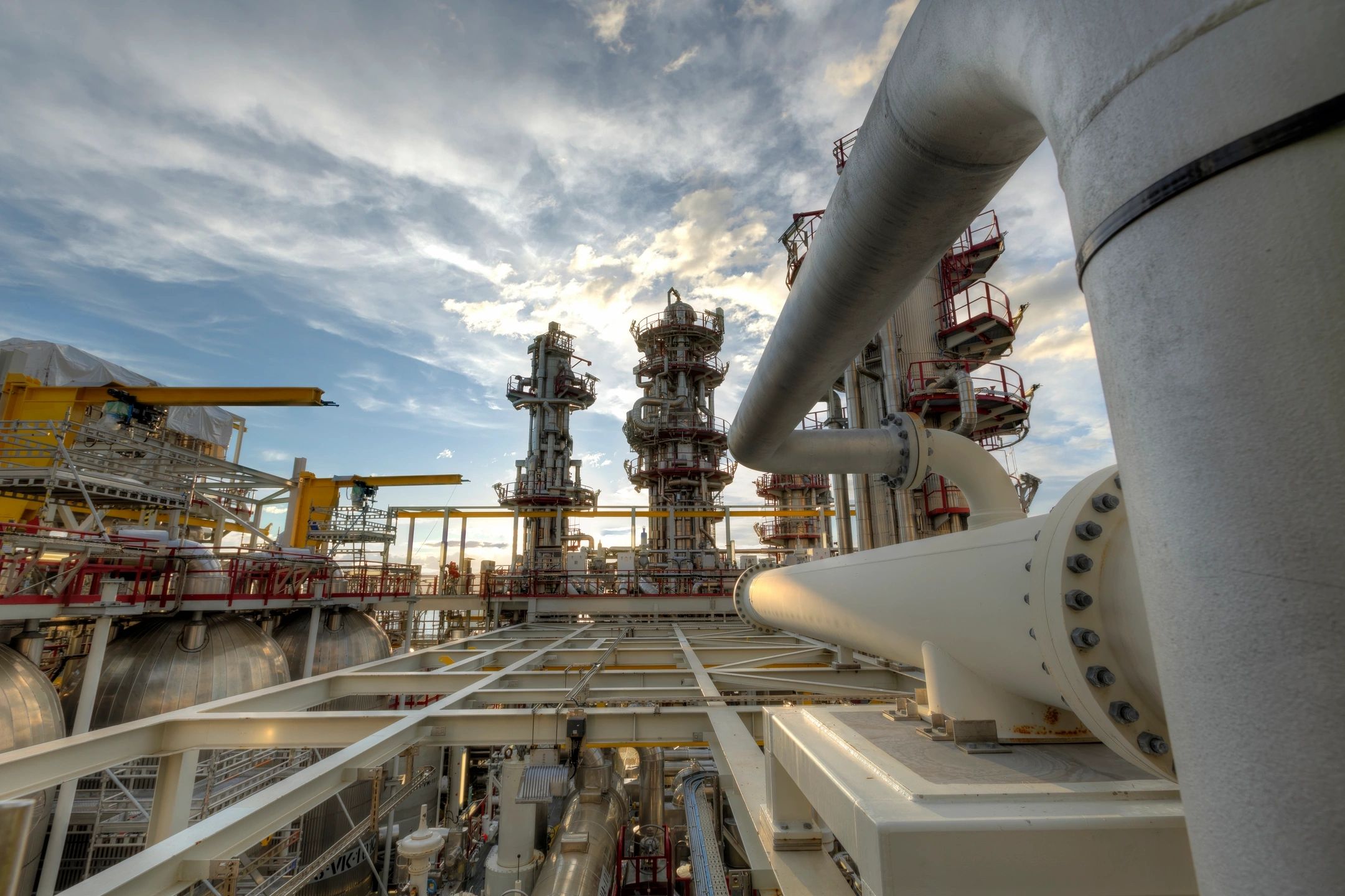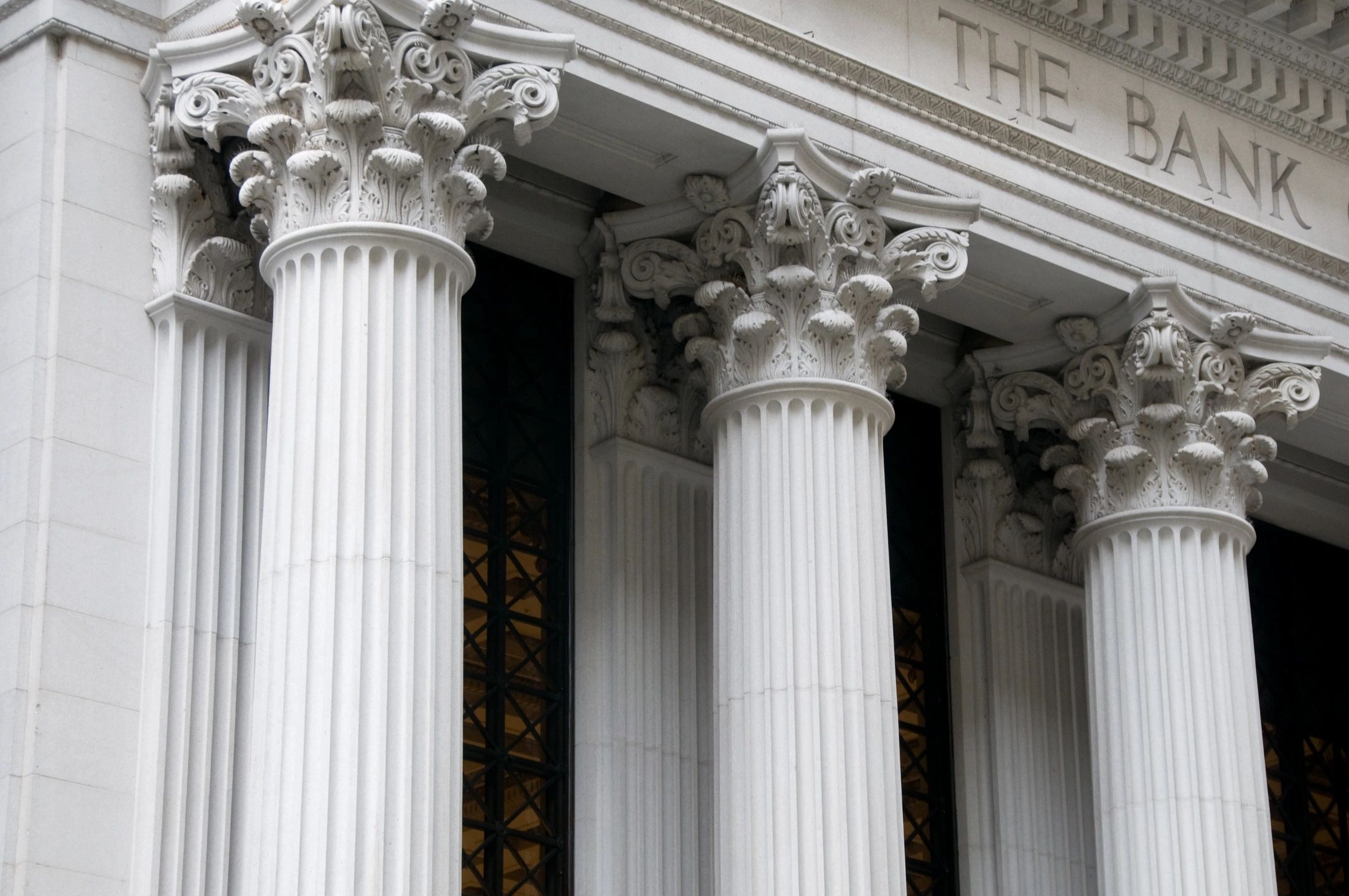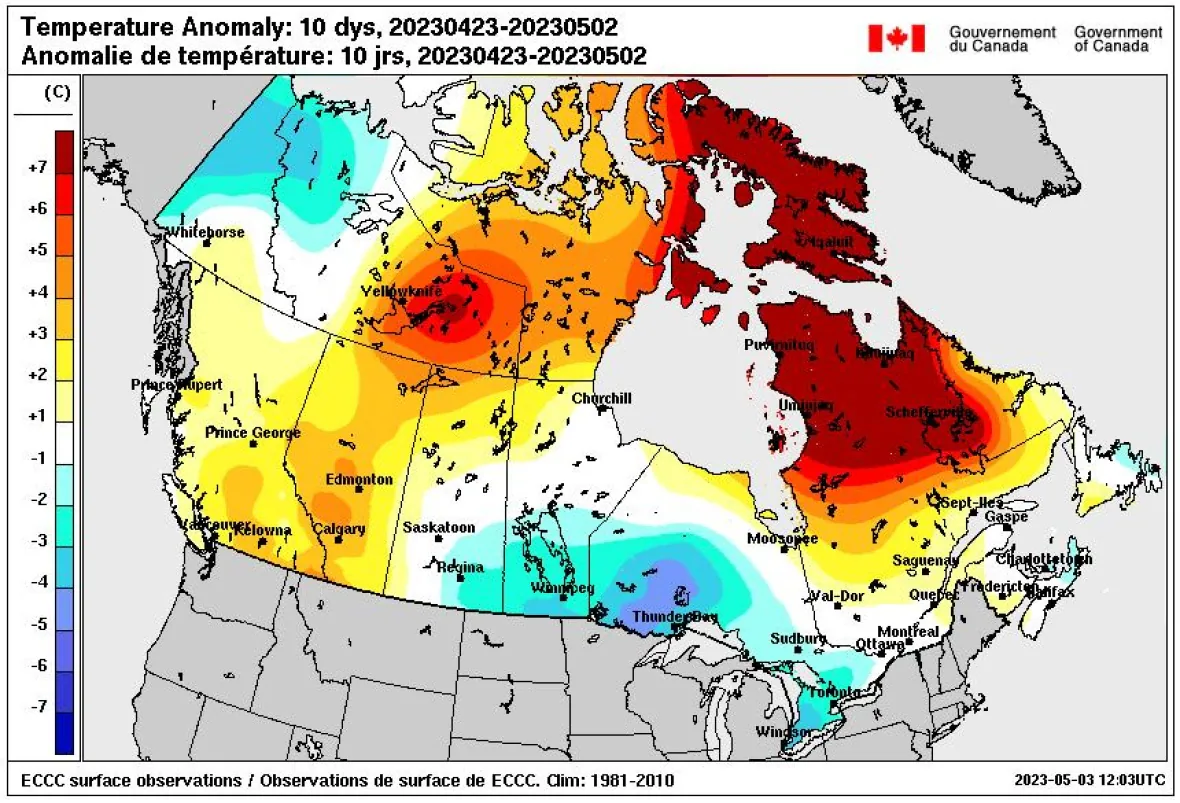The New Brunswick government lacks clarity on whether the additional six-to-seven-cent charge per liter of gasoline is being allocated as intended. Officials informed the legislature’s public accounts committee that identifying the recipients of revenue generated from the “carbon cost adjustor,” implemented in July and added to the gasoline price, is currently unfeasible.
“Where it shows up between the retailer and the wholesaler, or the wholesaler and the refinery, I don’t know,” said Tom McFarlane, The Deputy Minister for Natural Resources and Energy Development.
“I’m not aware of the internal prices that go on between them.“
McFarlane was responding to inquiries from Andrea Anderson-Mason, the Progressive Conservative MLA representing Fundy-The Isles-Saint John West, who expressed doubts about the PC government’s assertion that the additional charge would benefit small gas stations.
“I’m struggling to believe that the full seven cents is actually going into the pockets of retailers,” she remarked.
Anderson-Mason posed a barrage of questions to McFarlane after he admitted his lack of knowledge regarding the recipients of the funds.
“Shouldn’t we be aware of that, of where that’s going?” she asked.
“Where did that seven cents go that the consumer paid over all this time? Who has the benefit of that? Somebody’s getting it somewhere. Who’s getting the seven cents?“
During the previous autumn, the Higgs government enacted legislation granting the Energy and Utilities Board the power to incorporate the adjustor into the formula it employs for establishing weekly maximum gasoline prices.
This action was taken in response to fresh federal clean fuel regulations aimed at mitigating Canada’s greenhouse gas emissions. These regulations provide incentives to oil refineries that decrease their carbon intensity, which measures the volume of greenhouse gases emitted during their production processes.
Refining companies such as Irving Oil have the option to select from a variety of emissions-reduction strategies that enable them to earn tradable credits. Those failing to reduce emissions are subject to penalties, necessitating the purchase of credits within the trading market.
However, Irving Oil, due to its predominant exportation of products to the United States, qualifies for fewer credits.
McFarlane conveyed to the committee that due to New Brunswick’s regulation of the ultimate consumer gasoline prices, retailers could potentially face challenges resulting from the new regulation.
“If we don’t have a mechanism to show that price somewhere in the formula, it’ll ultimately be the retailer who gets squeezed in the end,” he said.


